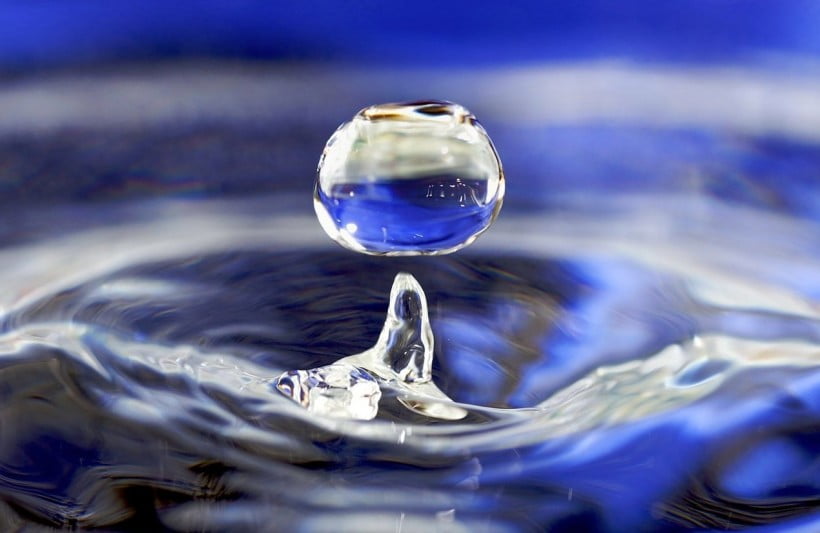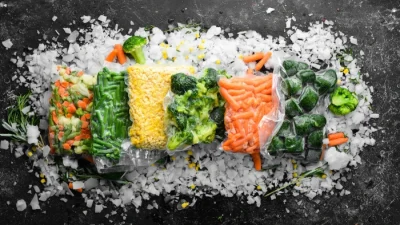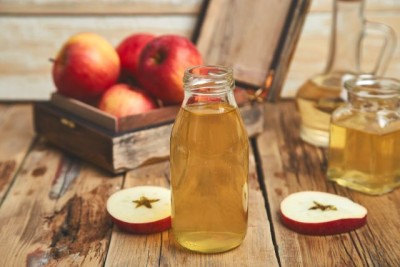Is Your Drinking Water Safe?
Warning: Undefined variable $post in /home/dietofli/public_html/wp-content/plugins/code-snippets/php/snippet-ops.php(584) : eval()'d code on line 3
Warning: Attempt to read property "ID" on null in /home/dietofli/public_html/wp-content/plugins/code-snippets/php/snippet-ops.php(584) : eval()'d code on line 3
The estimated reading time is 3 minutes
Warning: Undefined variable $post in /home/dietofli/public_html/wp-content/plugins/oxygen/component-framework/components/classes/code-block.class.php(115) : eval()'d code on line 3
Warning: Attempt to read property "ID" on null in /home/dietofli/public_html/wp-content/plugins/oxygen/component-framework/components/classes/code-block.class.php(115) : eval()'d code on line 3

It’s fair to assume that the water coming from your tap is safe to drink. After all, it’s been collected in a public reservoir, treated, and tested before being sent to your home. You would think it is safe to drink, many other Australians do and drink tap water all the time.
Unfortunately, this is not always the case. The treatment plant can only vouch for the water as it leaves the plant. On its journey between the plant and you, the water will travel through miles of pipes. These pipes run under fields and are at risk of contamination from a farm or industrial chemicals, as well as bacteria.
The result is your drinking water may be safe, and it may not be. The only way to be certain is to do a water test, ideally before you drink the water.
You should note that if your water does not taste right that doesn’t mean it's bad, it may mean that it is high in minerals or chlorine which affects the taste. You can remove excess minerals by using the reverse osmosis water filter system.
It’s important to note that smaller towns and villages may have their independent supply and this may be marked as not safe to drink. If this is the case you’ll need to find an alternative, bottled water is generally a good choice.
The Problem With Tap Water
As described in the water cycle, waterfalls as rain, in this state it is pure and considered soft, which means it’s mineral-free. However, once it hits the ground it follows a downward direction to find lakes, rivers, reservoirs, and even the sea.
This means it travels across and through the ground. It collects minerals along the way, making it harder. It also collects bacteria and debris.
Your treatment plant removes the debris by using filters, these shrink in size to account for larger debris and smaller particles. They will then add chlorine to kill any living organisms in the water. In many places, they will also add fluoride. This chemical has been shown to help strengthen teeth and bones. However, it has also been liked with an increased risk of cancer.
More research is needed but there is a potential health risk; Chlorine can also cause respiratory issues, especially if you already have allergies.
But that’s not all! As already mentioned, the miles of pipes can be contaminated from a variety of sources, giving you unclean, and potentially dangerous water.
In short, you can’t trust the water that comes out of your tap.
The Solution
The simplest answer is to fit a water filter in your homes such as the best salt-free water softener that prevents limescale buildup and other issues caused by hard water. You can choose from a variety of types and even whether you want a whole house or just one tap.
The beauty of the filtration system is that it needs minimal maintenance and you can drink the water comfortably and confidently. It’s the best way to be certain that your drinking water is safe.














